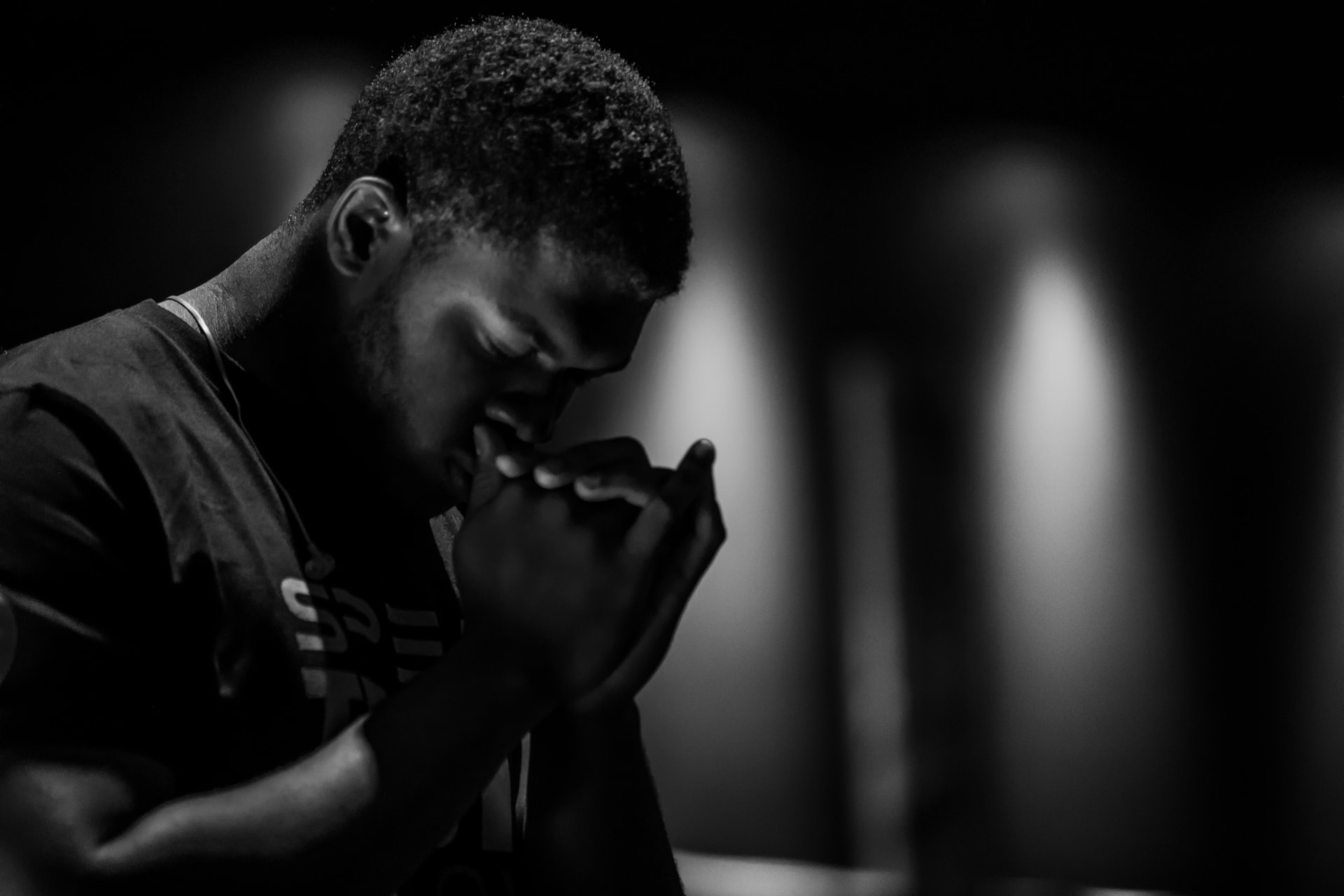It seems like someone’s dealing with a fear-related struggle everywhere you turn. In some ways, this shouldn’t surprise us. Throughout the Scriptures, we see the presence of fear. God’s Word reminds us what we should already know: in a broken world, fear is normal. What isn’t normal, unfortunately, is responding well to fear.
The call to “not be afraid” doesn’t mean we shouldn’t feel fear, but rather that we shouldn’t live in light of fear. I’m thankful that the Scriptures provide clear pathways to living faithfully when we’re afraid.
Encouraged by David’s Fear
It might seem strange, but David’s fear is encouraging. It’s encouraging because David was strong and courageous. When Saul questioned David’s ability to defeat Goliath, David described how he rescued sheep from the mouths of lions and bears (1 Sam. 17). I don’t know about you, but that sounds like a pretty fearless man. Yet, in Psalm 56, we read that David experiences fear: “When I am afraid, I put my trust in you” (v. 3).
David’s fear is encouraging because it reminds us that even tough and courageous people experience it. What’s even more encouraging is David’s response to fear. He doesn’t battle fear out of his own strength and ability but by trusting our good and faithful God. If our hope for navigating fear rested in our wisdom or power, we would be swallowed up daily. But instead of being swallowed up, we are wrapped up in the loving arms of our Savior as we learn to trust him when we’re afraid. David’s fear is encouraging because it reminds us that even tough and courageous people experience it. Click Para Twittear
Discerning the Voice of Fear
When counseling people through fear and anxiety, I’ve found it helpful to ask about the voice of fear. What does fear say? What is fear “telling” you to do? Does fear tell you not to speak because people will think you’re stupid? Does fear tell you not to give your best effort because you’ll fail and prove yourself to be worthless? Does fear tell you to isolate yourself from others because if people really knew you, they would reject you? Learning to discern the voice of fear is the first step in responding in ways that promote faithfulness to God.
David describes his experience as being trampled on, oppressed, and attacked. While we don’t know exactly what fear was saying to David, we can see his response. “I must perform my vows to you, O God; I will render thank offerings to you” (Ps. 56:12). David didn’t allow fear to keep him from being God-centered and God-focused. Simply put, he trusted God in his fear and responded to his circumstances with a mind toward pleasing God.
Putting Away Chariots and Horses
Everyone trusts in something. We were created to trust God, but broken people in a broken world often find other things to trust. As David reminds us in Psalm 20:7, “Some trust in chariots and some in horses.” I doubt many of you are the proud owners of a horse-drawn chariot. But make no mistake, you have horses and chariots.
When fear comes knocking on the door of your heart, how do you respond? Do you ruminate on your worries, trusting your ability to map out a game plan to eliminate what threatens your peace? Do you put your trust in work or recreation to escape fear or anxiety? Maybe your prescription anxiety medication is your horse or chariot that you trust to deliver you from fear. To be clear, I believe taking medication for mental health struggles is an issue of Christian liberty, but as with any issue involving freedom, wisdom and discernment are necessary. It’s not wise, nor an expression of faith and trust in God, to numb your feelings so that you don’t have to deal with emotional, relational, or spiritual pain. The devil and the empty philosophies of this world would love nothing more than for you to believe that God is not enough for you when you are afraid. But his Word says he is. Click Para Twittear
If you let it, fear will rule you. And not only will fear rule you, but the powerless chariots and horses you trust to deliver you from fear will rule you as well. Thankfully, we can trust the God who delivers us from all our fears (Ps. 34:4).
Learning to Trust God
When faced with fear, the Bible teaches us to trust God. When fear comes, you can either trust chariots and horses or put your trust in the living God. You are going to do one or the other.
So what does it look like to trust God? You can start by comparing and contrasting the voice of fear and the voice of God. Maybe you’re anxious or afraid to confront someone with a hard truth. No doubt fear would have you beat around the bush, not bring it up, or avoid the person altogether. But what would God have you do? Would trusting God look like staying quiet, or would trusting God look like speaking the truth in humility and love?
There are a lot of theories and therapies related to understanding and overcoming fear. In a medicalized and therapeutic world, it would be easy to look at something as simple as “trusting God” and roll our eyes. Surely there’s more to overcoming fear, right? This I know for sure: the devil and the empty philosophies of this world would love nothing more than for you to believe that God is not enough for you when you are afraid. But his Word says he is. I hope you will experience his grace as you trust him in your fears today and shepherd those in your churches to do the same.










